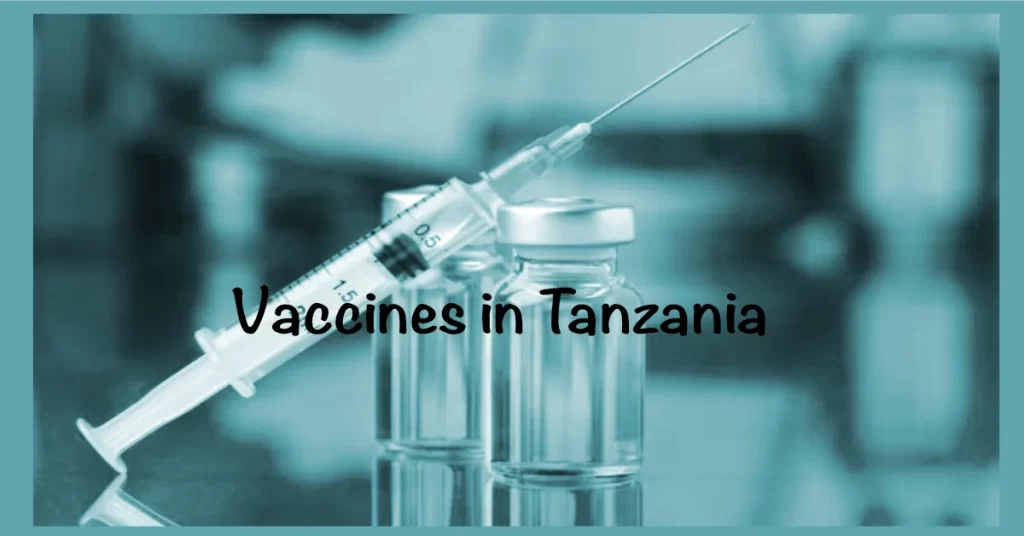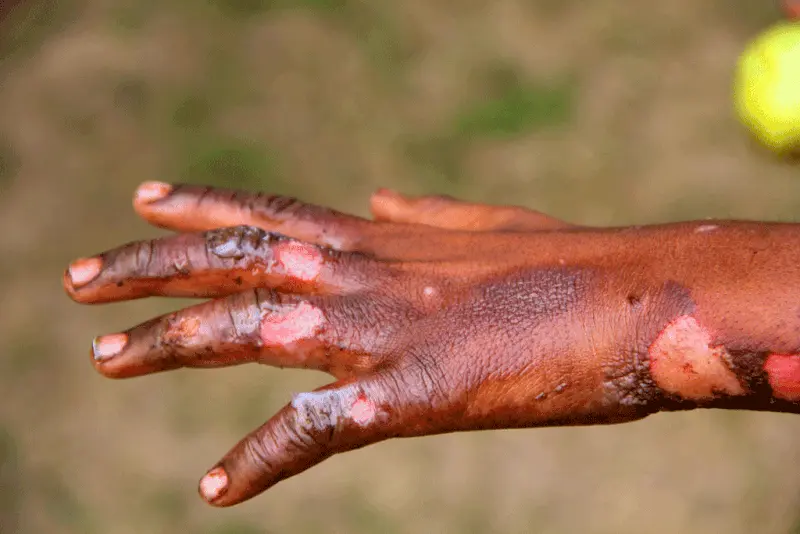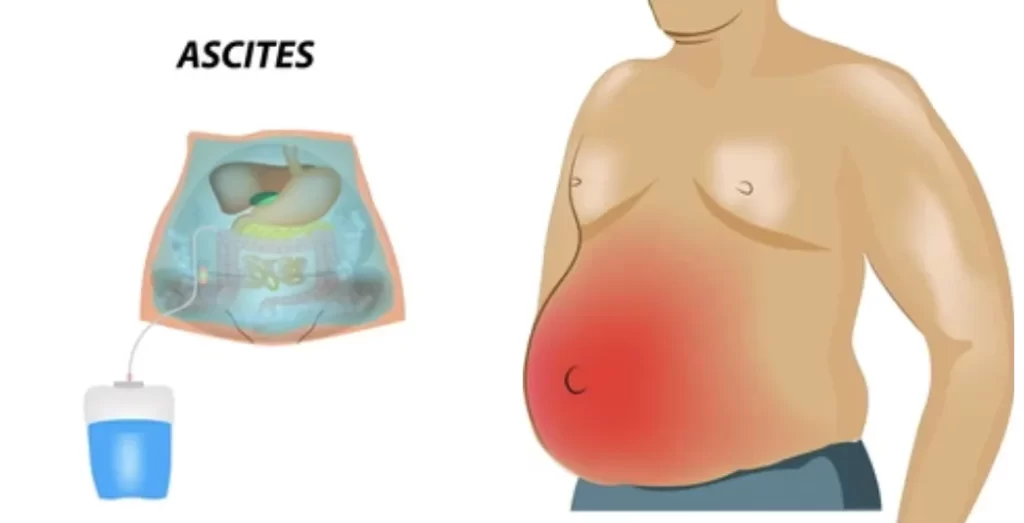Understanding Vaccines and Immunization: Everything You Need to Know

Vaccines and immunization have been around for centuries, yet some people still question their effectiveness and safety. In this article, we’ll explore what vaccines are, the different types of immunization, how vaccines are developed, the Expanded Program on Immunization by WHO, and more. By the end of this article, you’ll have a clear understanding of the importance of vaccines and immunization.
What are Vaccines?
Vaccines are biological preparations that provide immunity against specific infectious diseases. They work by stimulating the immune system to produce antibodies that can recognize and fight off the disease-causing agent. Vaccines are made from weakened or dead versions of the virus or bacteria that cause the disease. When a person receives a vaccine, the body’s immune system learns to recognize and fight off the pathogen without causing the disease itself.
- There are several ways to administer vaccines, including injection, oral, and nasal spray. The most common types of vaccines include live-attenuated vaccines, inactivated vaccines, subunit, and conjugate vaccines. Each vaccine type is designed to provide different levels of immunity and protection against specific diseases.
What is Immunization?
Immunization is the process of making a person resistant to a particular disease by administering a vaccine. The goal of immunization is to protect individuals from infectious diseases by creating an immune response that can fight off the pathogen. Immunization is essential in preventing the spread of diseases, especially in communities with a high risk of infection.
Types of Immunization: There are several types of immunization, including:
1. Active Immunization
Active immunization involves administering a vaccine that contains an antigen, which triggers an immune response. The body produces antibodies against the antigen, providing immunity to the disease. Active immunization can be achieved through vaccination or by contracting the disease and developing immunity naturally.
2. Passive Immunization
Passive immunization involves administering pre-formed antibodies to a person who is at risk of developing a particular disease. This type of immunization provides immediate protection but is only temporary.
3. Herd Immunity
Herd immunity occurs when a significant portion of a population becomes immune to a disease, either through vaccination or natural infection. As a result, the spread of the disease is slowed, and even those who are not vaccinated or have not developed immunity are protected.
Vaccine Development: Vaccine development is a complex and lengthy process that involves extensive research and testing to ensure safety and efficacy. The development process includes the following steps:
1. Exploratory Stage: During this stage, scientists identify a pathogen that causes a particular disease and determine how the immune system responds to it.
2. Pre-clinical Stage: During the pre-clinical stage, scientists conduct laboratory tests to develop a vaccine candidate that can trigger an immune response without causing disease.
3. Clinical Development: The clinical development stage involves testing the vaccine candidate in humans through a series of clinical trials. This stage can take several years and involves three phases.
4. Regulatory Approval: Before a vaccine can be licensed, it must go through a rigorous regulatory approval process that includes safety and efficacy testing.
Expanded Program on Immunization by WHO
The Expanded Program on Immunization (EPI) is a global initiative launched by the World Health Organization (WHO) in 1974 to provide vaccines against six vaccine-preventable diseases: polio, tuberculosis, diphtheria, tetanus, pertussis, and measles. Since then, the program has expanded to include other vaccines.
To-date Vaccines in EPI Are?
The EPI program has expanded to include vaccines for several other diseases, including hepatitis B, haemophilus influenzae type B (Hib), yellow fever, rotavirus, pneumococcal disease, and human papillomavirus (HPV), including above mentioned vaccines.
Immunization Schedule in Tanzania
The immunization schedule in Tanzania follows a recommended schedule for administering vaccines to children from birth to 18 months. This schedule includes:
- Birth: BCG (against tuberculosis) and oral polio vaccine (OPV)
- 6 weeks: pentavalent vaccine (against diphtheria, pertussis, tetanus, hepatitis B, and Hib), oral polio vaccine (OPV), and rotavirus vaccine
- 10 weeks: pentavalent vaccine, oral polio vaccine (OPV), and rotavirus vaccine
- 14 weeks: pentavalent vaccine, oral polio vaccine (OPV), and rotavirus vaccine
- 9 months: measles vaccine and rubella
- 18 months: second dose vaccines for measles and rubella
- 14 years female :HPV Vaccine and 2nd dose after 6 months
Note: It is essential to follow this schedule to ensure maximum protection against vaccine-preventable diseases.
Rotavirus Vaccine Misses Appointment and its Contraindications
- Rotavirus is a highly contagious virus that causes severe diarrhea and vomiting, primarily in infants and young children. The rotavirus vaccine is an effective way to prevent the disease, but it can cause side effects, including fever and diarrhea.
- If a child misses an appointment for the rotavirus vaccine, it is essential to reschedule the appointment as soon as possible to ensure maximum protection against the disease.
-1st dose should be given before 15 weeks, 16 weeks is too late for 1st dose
-2nd dose should be given before 32 weeks, 33 weeks is too late for 2nd dose
2nd dose should be given 4 weeks after the 1st dose
- However, there are contraindications for the rotavirus vaccine, including severe allergic reactions to a previous dose of the vaccine or any of its components. Previous history of intussusception, immunodeficiency states. Administration of RotarixTM should be postponed in subjects suffering from diarrhea or vomiting and in need of rehydration therapy
Pneumococcal Conjugate Vaccine Contraindication
The pneumococcal conjugate vaccine is a vaccine that provides protection against pneumococcal disease, which can cause severe infections such as pneumonia, meningitis, and blood infections. The vaccine is safe and effective, but there are contraindications, including severe allergic reactions to a previous dose of the vaccine or any of its components.Known case of Haemophilia.
- Administration of PCV13 should be postponed in subjects with high grade temperature >39 °c
Summary: Vaccines and immunization are essential in preventing the spread of infectious diseases and protecting individuals from serious illnesses. Understanding the different types of immunization, the vaccine development process, and recommended immunization schedules can help individuals make informed decisions about their health and the health of their families.
- It is crucial to follow recommended immunization schedules and consult with a healthcare provider before administering any vaccine to avoid adverse reactions.
FAQs
1. Are vaccines safe?
Yes, vaccines are safe and effective in preventing infectious diseases.
2. Can vaccines cause autism?
No, there is no scientific evidence to support the claim that vaccines cause autism.
3. Can vaccines cause adverse reactions?
Yes, vaccines can cause adverse reactions, but they are rare and usually mild.
4. Why do we need vaccines if some diseases are rare?
Vaccines help prevent the resurgence of diseases that were once common, such as polio and measles.
5. Can vaccines be given during pregnancy?
Yes, some vaccines can be given during pregnancy to protect both the mother and the baby from infectious diseases. However, it is essential to consult with a healthcare provider before administering any vaccine during pregnancy.
Conclusion: In conclusion, vaccines and immunization play a critical role in preventing the spread of infectious diseases and protecting individuals from serious illnesses. The World Health Organization’s Expanded Program on Immunization has made significant progress in ensuring that individuals worldwide have access to life-saving vaccines.
Understanding the types of immunization, the vaccine development process, and recommended immunization schedules is essential in making informed decisions about personal and family health.
It is crucial to follow recommended immunization schedules and consult with a healthcare provider before administering any vaccine to avoid adverse reactions.






Responses